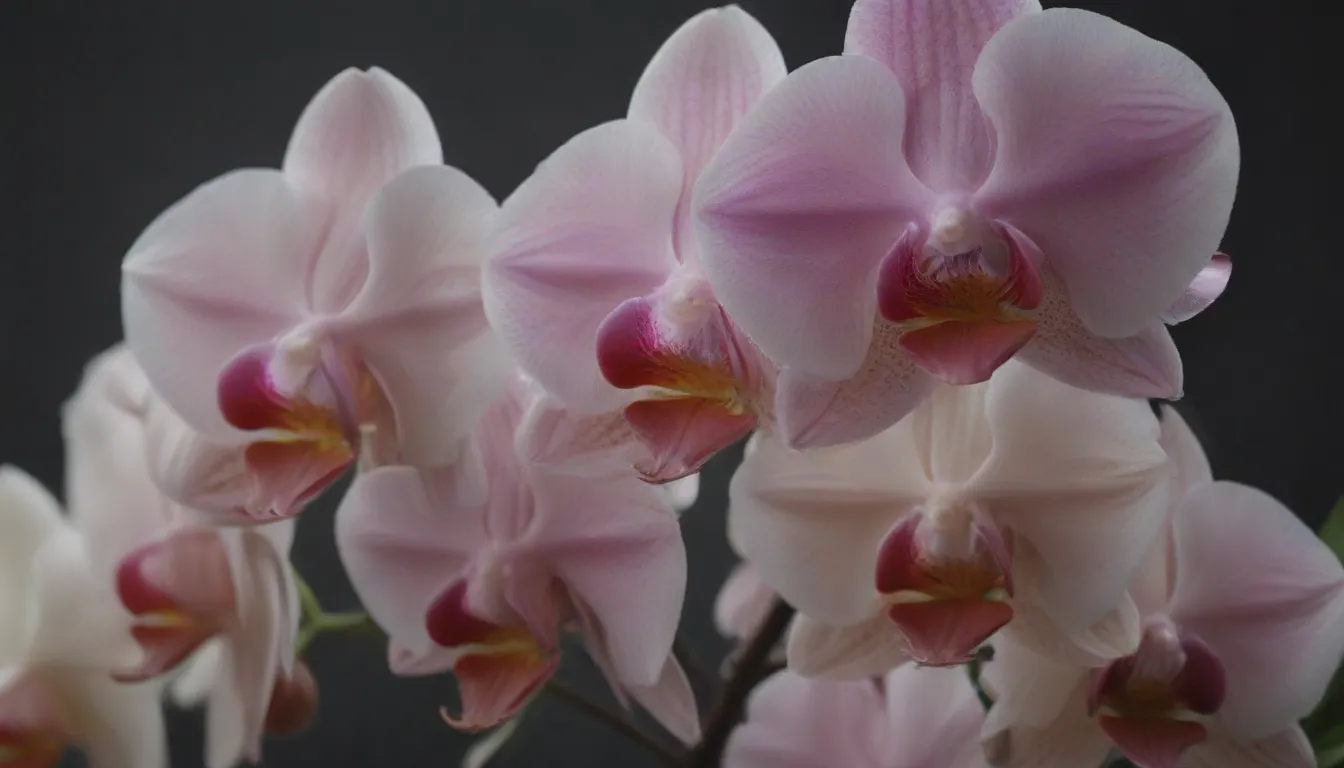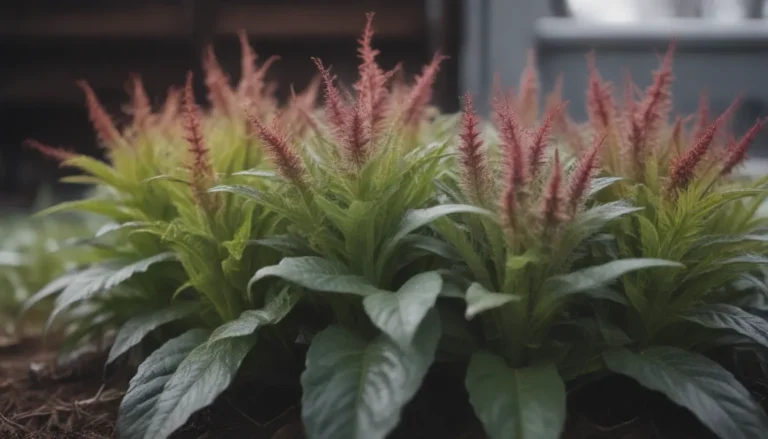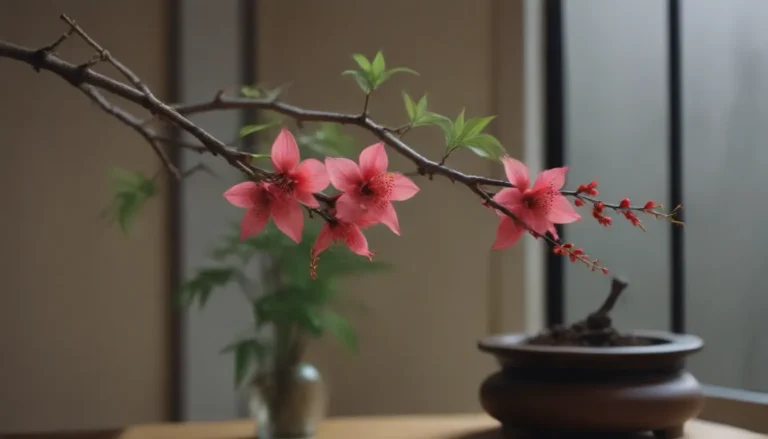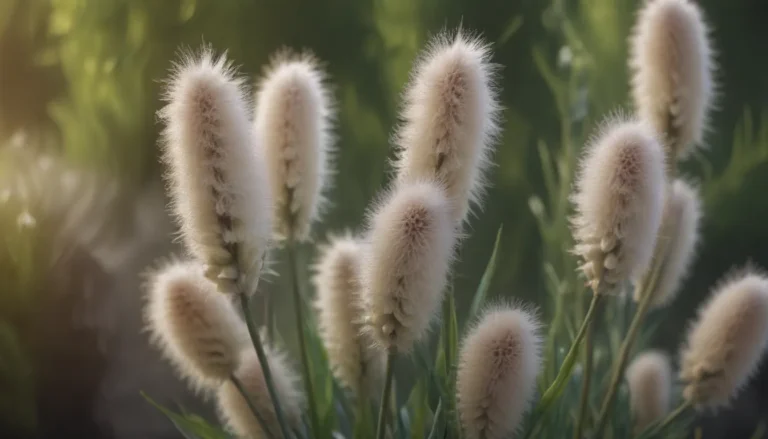How to Ensure Your Orchids Bloom Successfully

Are you tired of waiting for your orchids to bloom, only to be disappointed when they never do? It can be frustrating to care for these beautiful plants and not see the results you desire. But fear not, there are several reasons why your orchids may not be blooming, and simple fixes to help them thrive. In this in-depth article, we will explore the top reasons why your orchids won’t bloom and provide you with valuable insights on how to fix them.
Lack of Proper Lighting
One of the most common reasons orchids fail to bloom is due to inadequate or excessive lighting. Different varieties of orchids have specific lighting requirements, so it’s essential to know what your plant needs. Here are some tips to help you ensure your orchids get the right amount of light:
Not Getting Enough Light
- Some orchids, such as Dendrobium, Cattleya, and Cymbidium orchids, thrive in bright conditions but not direct sunlight.
- If your orchid is not blooming, consider using a grow light to provide the necessary light it needs to produce flowers.
Getting Too Much Light
- Placing your orchid in full sun can result in sunburned leaves and hinder blooming.
- Even artificial light can suppress blooming if provided in excess. Use a timer to simulate natural daylight and darkness cycles.
Varying Temperature
Orchids need to experience a temperature differential to trigger blooming. Expose your orchids to cooler nighttime temperatures to encourage the formation of buds.
Proper Nutrition/Fertilizer
While orchids are not heavy feeders, they still require proper nutrition. Use a urea-free fertilizer to provide essential nutrients for optimal growth and flowering.
Roots Need Attention/Repotting
- Check your orchid’s roots regularly to ensure they are healthy and not suffocating from lack of oxygen.
- If the roots look brown or the potting medium is dense, it’s time to repot your orchid. Evaluate the root system, not the foliage, to determine if repotting is necessary.
Overwatering
- Most orchids need to dry out between watering to prevent overwatering.
- Tailor your watering schedule to your plant’s needs, taking into account the potting medium, pot size, and environment.
Underwatering
- Orchids need regular watering to thrive, as they originate from humid environments.
- Use a humidity tray if you tend to forget to water your orchids frequently to create a suitable growing environment.
Know When Your Orchid Variety Blooms
Different orchid varieties bloom at different times of the year. Understand your orchid’s blooming cycle and adjust your care routine accordingly.
By addressing these common issues and implementing the suggested fixes, you can help your orchids bloom successfully. Remember, patience is key when caring for orchids, but with the right knowledge and care, your plants will reward you with beautiful blooms. Happy gardening!





